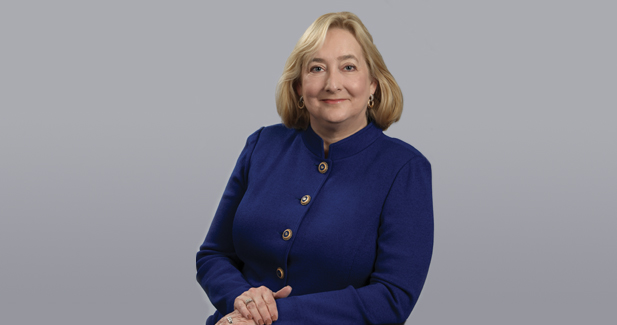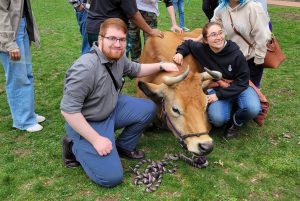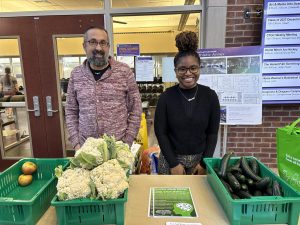The political power of sharing your voice at Chatham: running for office or casting your vote
Chatham boasts politically active landscape with alumna
November 23, 2022
Whether it’s student government, inspiring alumni or being home to the Pennsylvania Center for Women and Politics (PCWP), Chatham University has a variety of opportunities for those looking to be active in the political landscape.
Just recently, Chatham alumna Debra Todd ‘79 was appointed as Chief Justice of the Pennsylvania Supreme Court – the first woman to hold this distinction.
“She’s such a great role model for our students,” comments Dr. Dana Brown, executive director of the PCWP. “In our public leadership bootcamp, Justice Todd has given her time to our students. She’s always willing to come speak. She was in your seat, in your classrooms, in the hall.”
An opportunity unique to Chatham is the PCWP, a non-partisan organization housed in Braun Hall. The PCWP hosts activities such as debate watch parties, connects students with educational programs and provides information about civic topics like voting. Its commitment to providing these services for women and non-cisgender people interested in politics is one way Chatham organizations are helping to narrow political underrepresentation.
Though not unique to Chatham, those involved in student government on campus find it a meaningful experience in both a college community setting and in the context of the larger world.
“Being part of a decision-making body allows you to have faith in other decision-making bodies and teaches you the importance of voting for people in the decision-making process,” said CSG Class of 2026 President Morgan Rapsky.
In this way, the Chatham community fosters a cycle of engagement, in which students utilize resources and find ways to contribute back to that community within their careers. This meaningful process is well described by CSG Class of 2026 Vice President Gabby Slovikosky.
Political involvement “gives you the ability to share your voice in school and the real world.”
However, sharing your voice doesn’t have to be as extensive as running for student government or local office. In fact, it can be as simple as casting your vote.
“There’s so much on the line, especially for [the younger] generation,” said Dr. Brown on the importance of voting.
Though current policy will impact younger generations more directly, voting rates for younger populations are historically underrepresented, especially in midterm elections. However, Chatham students have been vocal and active in recent presidential elections.
According to PCWP date in the most recent presidential election, Chatham students voted at a rate of 76%, which indicates a growth rate of 12% from the 2016 presidential election. Chatham’s voter participation exceeds the average growth rate of voter turnout, which was approximately 7.5%. By replicating this action in all elections, like midterms, our community can make a difference.







